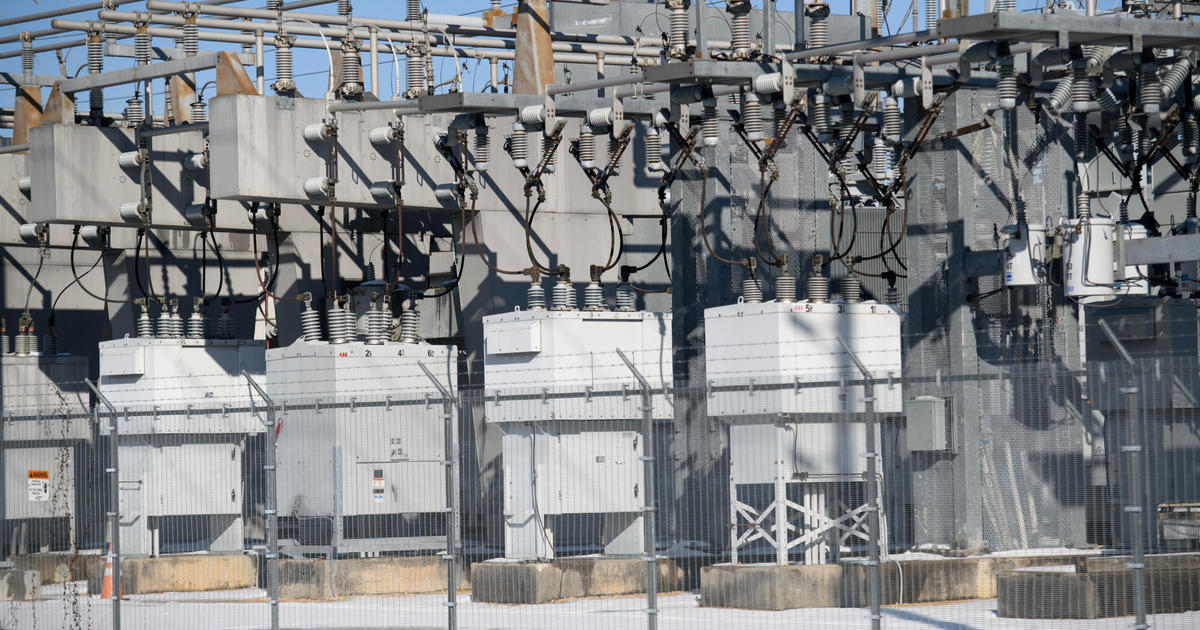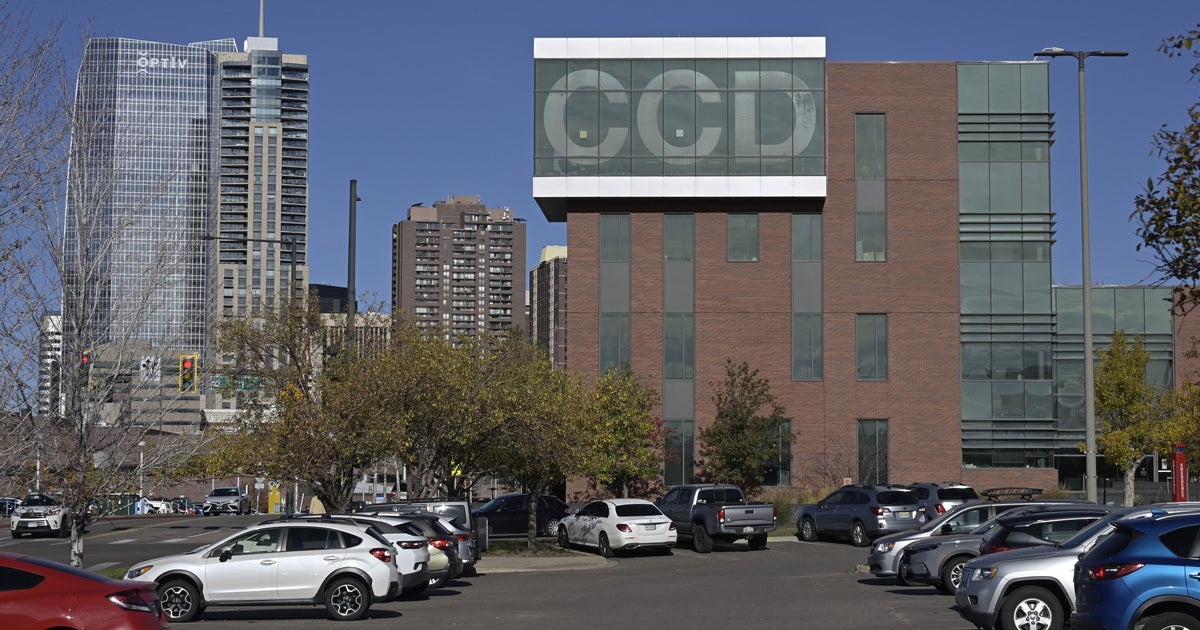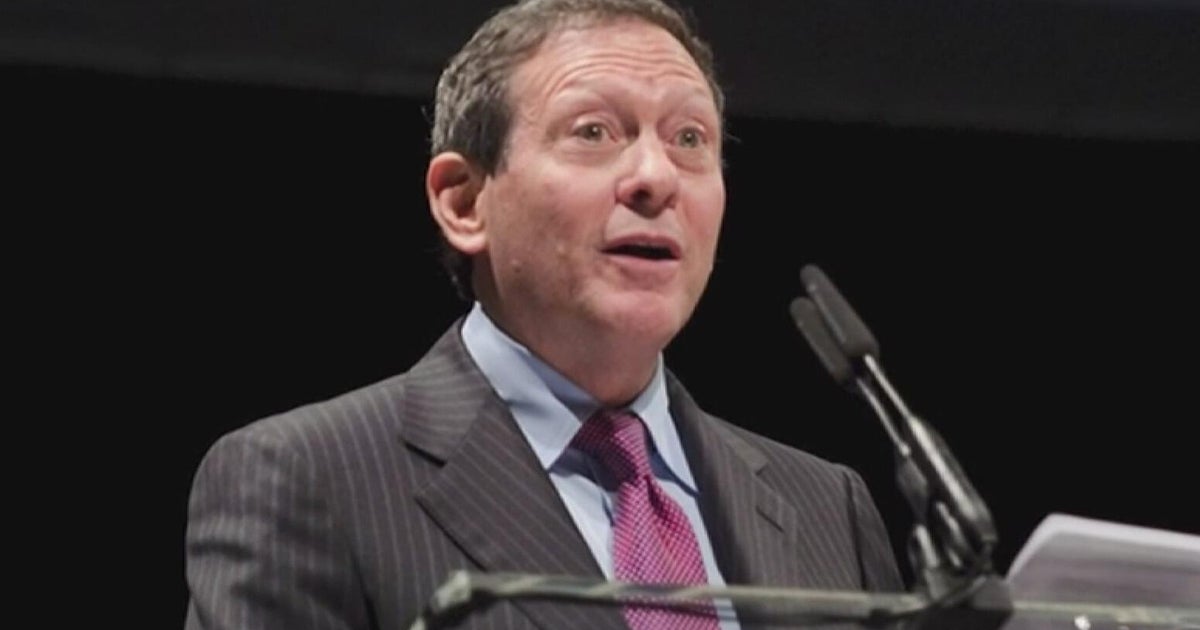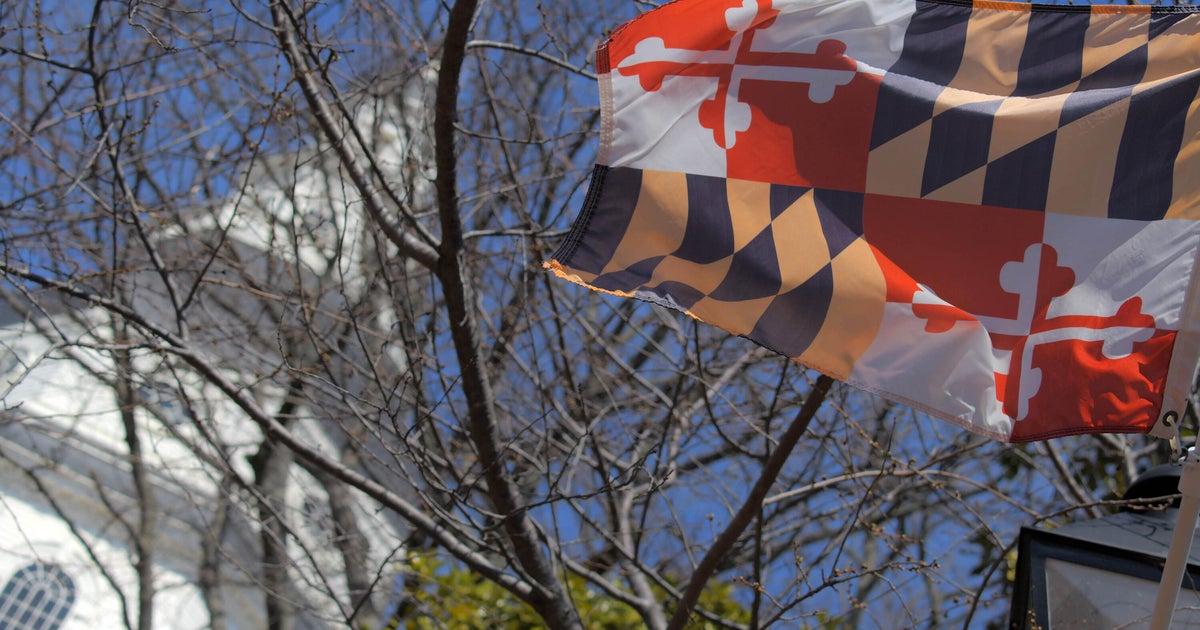Wolf's $1B Drilling Tax Prediction Might Be High
Gov.-elect Tom Wolf might have been off the mark by hundreds of millions of dollars when he said during his campaign that a new severance tax on natural gas drillers would raise more than $1 billion, potentially complicating his bid to secure new funding for Pennsylvania schools and alleviate a severe budget shortfall.
The Democrat is pushing a 5 percent tax on gas pulled from the Marcellus Shale, saying drillers are failing to pay their fair share while state government and school districts grapple with persistent fiscal crises. He made the tax a centerpiece of his successful gubernatorial campaign, saying it would generate more than $1 billion each year for education and other priorities.
But his estimate assumes a wholesale price of gas that drillers in the Marcellus right now can only dream about. At current prices and production, a 5 percent severance tax would produce about $675 million a year.
Shale drillers, who have long opposed a tax, argue that Wolf's billion-dollar projection is wildly optimistic.
"He's talking about a number that's not attainable." said Dave Spigelmyer, president of the Marcellus Shale Coalition, a trade group. "It's a myth."
Wolf relied on an August analysis by the Pennsylvania Budget and Policy Center, a progressive research group, which arrived at $1 billion by using federal estimates of what the benchmark price of natural gas will be in fiscal 2015-16. But Marcellus drillers have not been getting anywhere close to the benchmark. That's because a production boom has far outstripped the carrying capacity of the existing pipeline network, depressing prices, according to the U.S. Energy Information Administration.
Prices are expected to rebound as additional infrastructure is built, but the industry argues that could be years away. In the meantime, energy companies say, a tax could discourage continued investment in the Marcellus.
The policy center "failed to do their homework to understand the marketplace for the sale of natural gas in the state of Pennsylvania," Spigelmyer said.
Michael Wood, the policy center's research director, said in an email that "the figure we had in our August brief was before the marked difference opened up in prices between some of the local hubs and the national price."
But he said that such projections are inherently speculative, and a debate over the future value of the tax misses the bigger picture.
"Whether the tax would bring in $1 billion or $800 million at a specific point isn't the real question," Wood said. "The real question is whether a severance tax . would be a better deal for Pennsylvania or not. That homework is pretty clear."
Indeed, Pennsylvania remains the only major gas-producing state without a severance tax. And a tax on low-priced gas would still raise significantly more revenue that the state's existing "impact fee" on drillers, which generated $226 million in 2013 and is split between local governments and state agencies and programs.
Wolf "stands by his proposal," said his spokesman, Jeffrey Sheridan, adding it would mean new revenue "that could be directed to our schools to make up for the drastic cuts of the last four years."
Though polling shows broad public support for a severance tax on shale drilling, any proposal would have to clear huge Republican majorities in the Legislature. House Republican leaders have never entertained the concept, and Senate Republicans just ejected a supporter of a higher drilling tax, Sen. Dominic Pileggi, from the majority leader's post.
You May Also Be Interested In These Latest News Stories
Join The Conversation On The KDKA Facebook Page
Stay Up To Date, Follow KDKA On Twitter
(Copyright 2014 The Associated Press. All rights reserved. This material may not be published, broadcast, rewritten or redistributed.)







